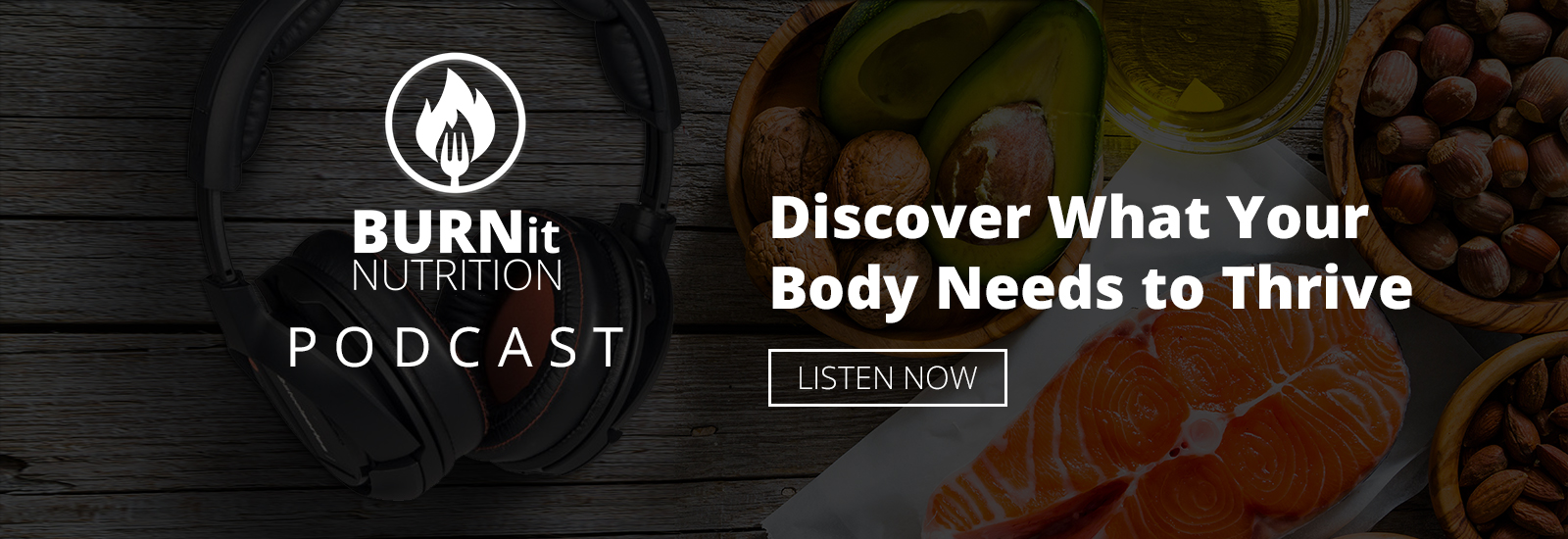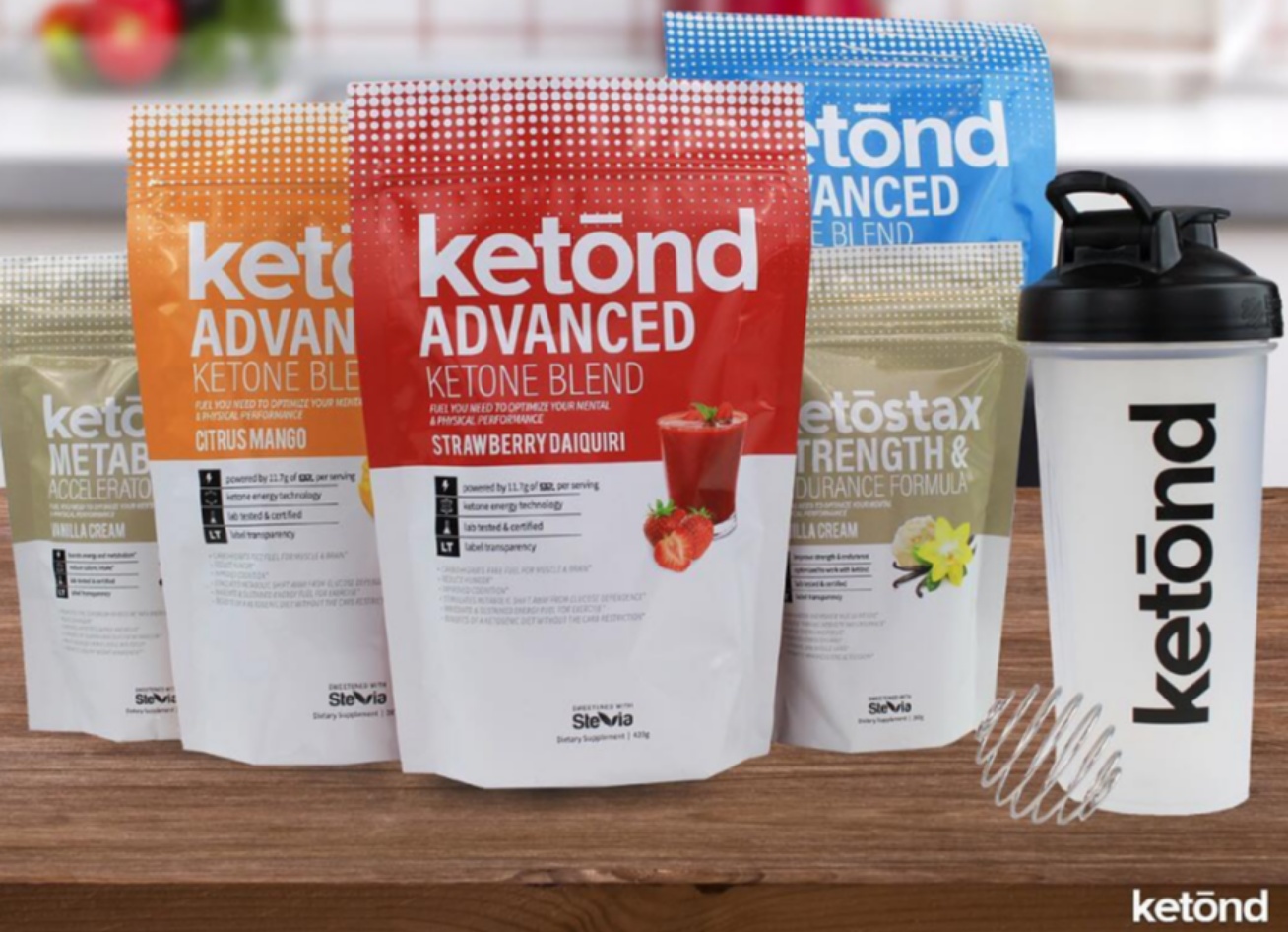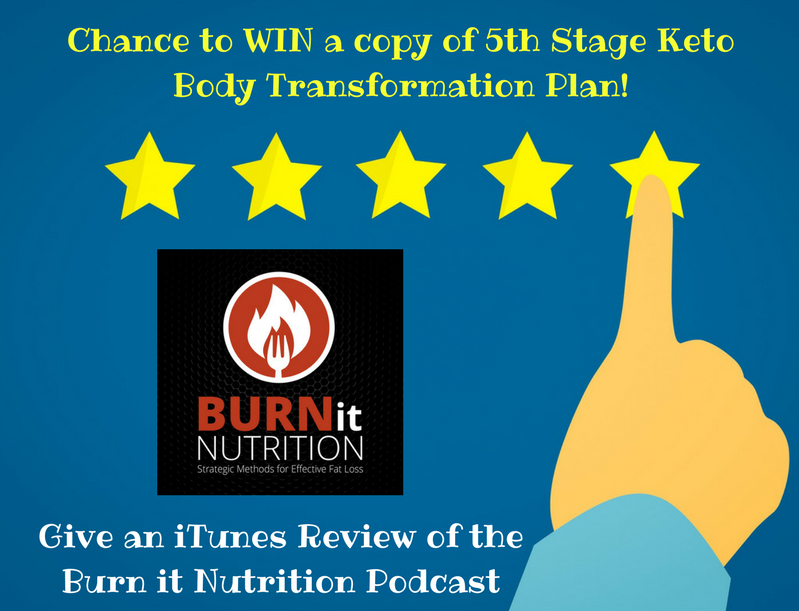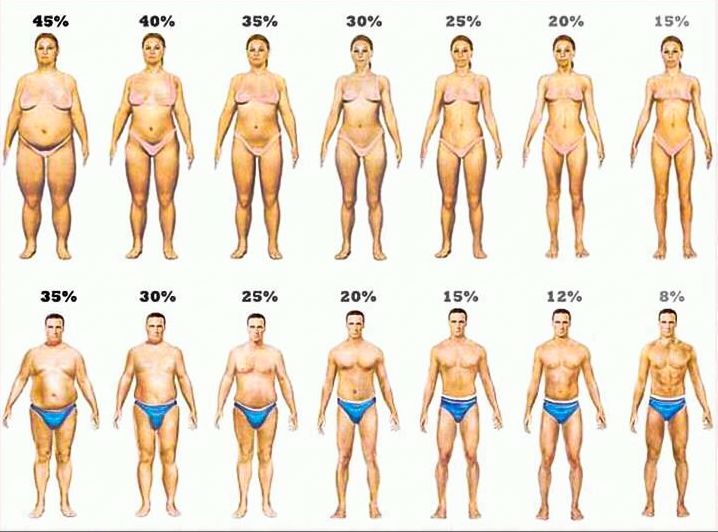
Burn It Nutrition Podcast
Can Keto Cure Cancer?
w/Professor Thomas Seyfried
Show notes for Episode #40
The Burn it Nutrition Podcast is a show focused on health and fitness with the use of sound and stories to help illustrate the message. We want to help spark body transformations with the use of strategic methods for weight loss. This podcast will be releasing fun and interesting shows, that will be informative and motivational to help you reach your goals!
The show is hosted by Fitness & Nutrition Coach Joseph Navarro, who went through his own transformation, Losing 60lbs of pure fat in 7 Months. Tune in and brace yourself for it’s time to let it Burn!!
Spotlight on Cancer with leading scientist Professor Thomas Seyfried A legend in cancer research! Learn the two very different theories on cancer, two very different ideas with very different methods of treatment. By the end of this show, you will know more about what may be the real causes of cancer than most people even most doctors around the world!
This episode is going to leave you shocked, frustrated, and excited about the latest research that is being uncovered to fight Cancer!
Listen all the way through so you don’t miss any of the exiting possibly life-saving information!
I hope you enjoy the show!!
Timed Stamp Show Notes
01:00= Intro
04:00 = Dreaming of other Options
08:35 = Origin of Cancer as a Metabolic Disease
15:58 = Interview with Professor Thomas Seyfried
01:14:45 = Other Factors to Consider
01:19:00 = Closing thoughts
Links & Resources for this Episode:

- Here are the links to learn more about Professor Thomas Seyfried
- and to Donate to the Cancer Research Foundation:
- Donate to Cancer Research Foundation: Here
- Professors Seyfried’s Book on Cancer: Here
Learn more about Ketond and their Keto Meal Replacement Shakes, Keto Preworkouts and powerful Exogenous Ketones at www.ketond.com use code “BURNIT” for a discount!
To Get your Penny Bottle from Dry Farm Wines head to Click Here For Penny Bottle

Help Support the Burn it Nutrition Podcast by helping us get a new Software System to keep this show going! You can make a donation at https://www.paypal.me/Burnit
Leave a rating & review on Apple Podcasts Review Here 1 review each show wins a Copy of 5th Stage Keto!
Studies & References For this Episode
- Efficacy of Metabolically Supported Chemotherapy Combined with Ketogenic Diet, Hyperthermia, and Hyperbaric Oxygen Therapy for Stage IV Triple-Negative Breast Cancer
- Clinic in Turkey Appling Metabolic Therapies
- Andrew Scarborough’s Story
- Pablo Kelly’s Story
What is the Glucose Ketone Index?
The glucose ketone index (GKI) is a number that helps give a glimpse of the state of our metabolic health.
In his book Cancer as a Metabolic Disease and in this podcast episode, Professor Thomas Seyfried explains how our GKI is ideal when between 2 and 0.7, so aim for 1.
The glucose ketone index can be helpful when looking at ketosis and cancer. Cancer cells thrive on glucose, so to help starve cancer cells its great to have less glucose present and more ketones.
Professor Seyfried’s research shows that reducing our GKI number shrinks tumor weight and energy supply.
If one has a history of metabolic problems, like cancer, obesity or diabetes or wanting to stay at ideal health to avoid getting these in the future, the glucose ketone index is helpful to see how well you’re doing at reducing your chance.
How to Measure Your Glucose Ketone Index
Measuring your GKI is really simple as long as you have a glucose meter and a ketone meter. Those who already measure their ketone levels will just need to take one extra step!
This is the formula for getting your glucose ketone index: (Your Glucose Level / 18) / Your Ketones Level = Your Glucose Ketone Index
This is all you have to do:
- Follow the methods for both the glucose meter and ketone meter, pricking your finger and using the strips for each to get your reading. Write each of those numbers down.
- Divide the glucose number by 18. (You must do this because glucose readings in the U.S. are measured in mg/dL, and dividing by 18 converts that number to mmol/L to match your ketones reading. If you’re not in the U.S. and your glucose numbers are already measured in mmol/L, skip this step.)
- Divide the number you get from #2 by your ketone reading number. This is your glucose ketone index.
- Use your GKI to determine where you stand. In general, anything below a 3 is a high level of ketosis (and low level of glucose), 3-6 means moderate ketosis, and 6-9 is a low level of ketosis. Remember, usually the lower the better.
Read More about this Here
Notice of Sponsorship Disclosure with Ketond & Outer Aisle Gourmet
Notice of Affiliate Disclosure with Dry Farm Wines
Please read the full medical disclaimer Here




